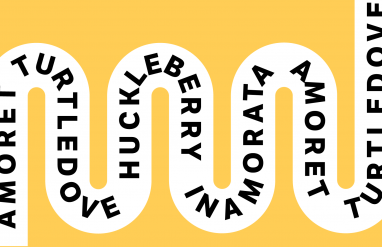In the 1500s, the word crazy meant “to be sickly and infirm.” But a century later, crazy was used to mean “insane” or “demented.”
This definition of the word, used both literally and figuratively, is what we think of today when we hear crazy. And we do see the word crazy all over the place—it’s one of the 2,000 most frequently used words in American English.
Despite how common this word is, there is a growing movement to encourage people to reconsider using the word crazy in recognition of how it stigmatizes mental illnesses. When crazy is used in a derogatory way—to describe someone who is acting irrationally, for example—it reinforces negative stereotypes about people living with mental health conditions. That’s why experts in the field and mental health advocates recommend avoiding the word crazy (along with other similar terms like psycho and nuts) to describe someone with a mental illness or characterize the way someone is acting.
Fortunately, English is a rich language, and there are much more interesting words out there than crazy, anyway. Read on for some helpful synonyms you can use instead.





















